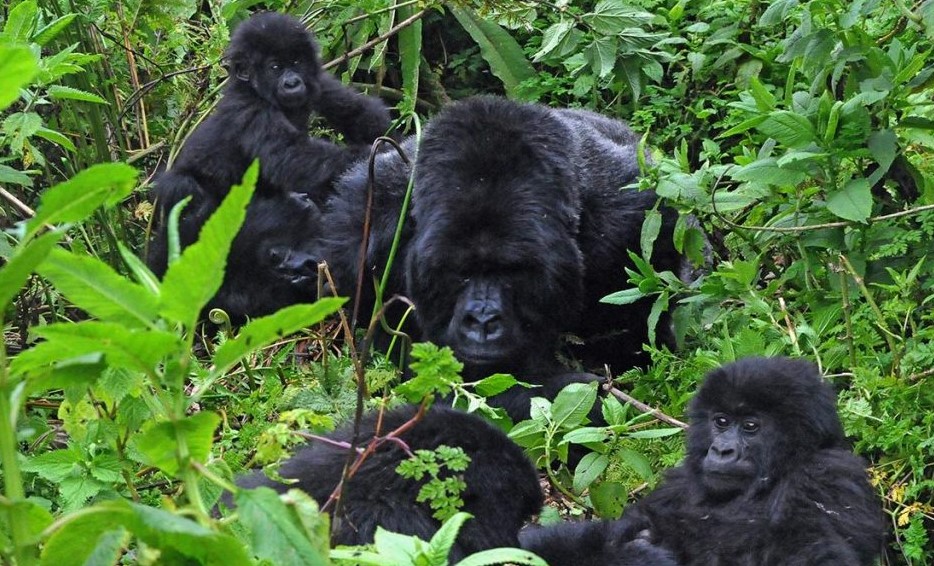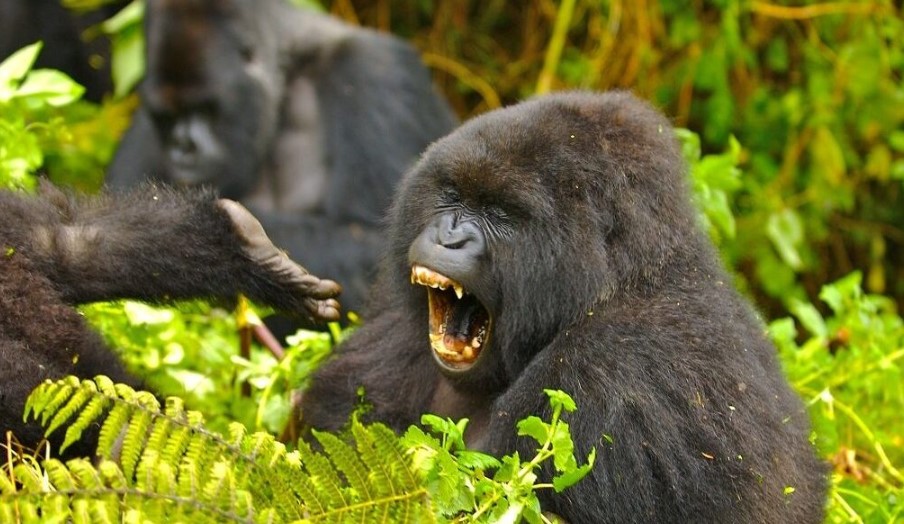Planning a gorilla habituation experience for the Easter holidays in Uganda promises an unparalleled adventure immersed in the heart of lush forests, where you can witness these majestic creatures in their natural habitat. This guide delves into the intricate details of organizing such an extraordinary journey, ensuring an unforgettable and ethically responsible encounter with these gentle giants.
Understanding Gorilla Habituation
Gorilla habituation involves the process of acclimatizing wild gorillas to the presence of humans, allowing researchers and tourists to observe and study their behavior. Unlike traditional gorilla trekking, where groups visit habituated gorilla families for a brief period, habituation experiences offer a more immersive encounter, spanning several hours in the presence of semi-habituated gorilla groups.
Choosing the Right Location
Uganda is renowned for its diverse national parks, each offering unique ecosystems and wildlife encounters. When planning a gorilla habituation experience for Easter holidays, Bwindi Impenetrable National Park emerges as the quintessential destination. This UNESCO World Heritage Site harbors nearly half of the world’s mountain gorilla population, providing an unparalleled setting for ethically responsible gorilla encounters.
Selecting Dates and Permits
Securing permits is paramount for gorilla habituation experiences, as only a limited number of permits are issued each day to minimize disturbance to the gorillas. For Easter holidays, it’s advisable to book permits well in advance, as demand surges during peak travel seasons. Permits can be obtained through authorized tour operators or directly from the Uganda Wildlife Authority (UWA), ensuring a seamless reservation process.
Accommodation and Logistics
Bwindi Impenetrable National Park offers a range of accommodation options catering to various preferences and budgets. From luxury lodges nestled amidst pristine forests to cozy eco-lodges showcasing the beauty of sustainable tourism, there’s something for every discerning traveler. When planning your accommodation, consider proximity to the gorilla habituation area to minimize travel time and maximize your time spent with the gorillas.
Preparing for the Experience
Gorilla habituation experiences require a moderate level of physical fitness, as participants may trek through dense forests and rugged terrain to reach the habituation area. It’s essential to pack appropriate gear, including sturdy hiking boots, lightweight clothing, rain gear, insect repellent, and a good-quality camera to capture memorable moments. Additionally, consult with your tour operator or guide for any specific recommendations or requirements.
Ethical Considerations
Responsible tourism lies at the heart of gorilla habituation experiences, emphasizing the importance of minimizing environmental impact and respecting the gorillas’ natural habitat. Follow the guidance of experienced guides and researchers, maintaining a safe distance from the gorillas to avoid stress or disturbance.
Avoid making direct eye contact with the gorillas and refrain from touching or feeding them, ensuring a harmonious coexistence between humans and wildlife.
The Gorilla Habituation Experience
As dawn breaks over the mist-shrouded forests of Bwindi, embark on an exhilarating journey deep into the heart of gorilla territory. Accompanied by expert guides and trackers, traverse winding trails adorned with lush vegetation, listening to the symphony of birdsong echoing through the canopy. As you approach the habituation area, anticipation mounts, knowing that you’re on the cusp of an extraordinary encounter with these gentle giants.
Upon sighting the gorilla group, a profound sense of awe washes over you as you observe their intricate social dynamics and familial bonds. From playful juveniles frolicking in the undergrowth to serene silverbacks surveying their domain with wisdom and authority, each moment unfolds with unparalleled beauty and authenticity.
Under the watchful gaze of experienced guides, immerse yourself in the gorillas’ world, capturing glimpses of their daily rituals and interactions.
As the day unfolds, engage in meaningful observation and reflection, gaining insights into the complex behaviors and conservation challenges facing mountain gorillas. Through responsible tourism and sustainable conservation efforts, you play a vital role in safeguarding the future of these iconic species and their fragile ecosystems.
With hearts full of gratitude and memories to last a lifetime, bid farewell to the gorillas, knowing that this transformative experience will forever shape your connection to the natural world.
In Conclusion, Planning a gorilla habituation experience for Easter holidays in Uganda offers a rare opportunity to connect with nature in its purest form, forging indelible memories and fostering a deeper appreciation for the intricate web of life that sustains our planet.
By embracing ethical tourism practices and supporting conservation initiatives, you not only contribute to the preservation of endangered species but also embark on a journey of self-discovery and wonder. May your Easter holidays be filled with adventure, compassion, and the boundless beauty of Uganda’s wilderness.



Comment (0)